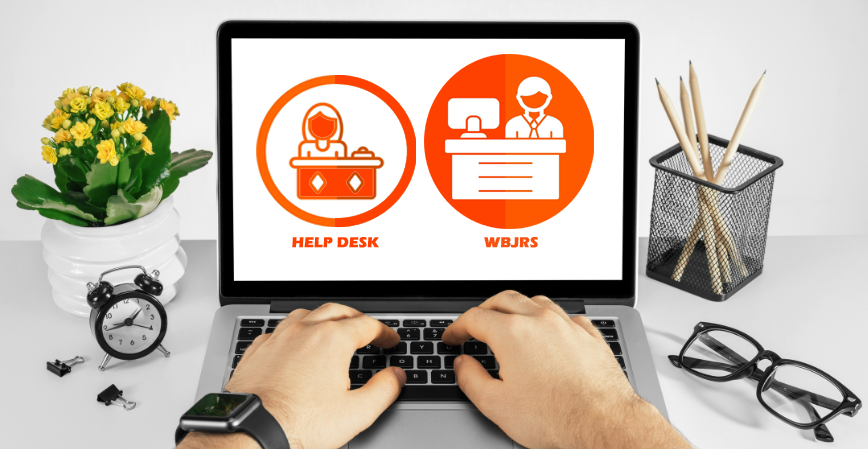Certificate in Telephone Operator and Receptionist : Learn Professional Communication & Front Desk S

Certificate in Telephone Operator and Receptionist : Learn Professional Communication & Front Desk S
The Certificate in Telephone Operator and Receptionist Training is a 3-month career-focused program designed for students, job seekers, and professionals who want to develop call handling, front desk management, and customer service skills.
This course provides hands-on training in professional communication, office etiquette, and workplace management, ensuring you are job-ready for receptionist and telephone operator roles in corporate offices, hospitals, hotels, and service industries.
✔️ Covers call handling, front desk operations, and customer service
✔️ Practical training with real-world scenarios
✔️ Industry-focused curriculum designed for job readiness
✔️ Suitable for students, freshers & working professionals
Why Choose WBJRS?
✔️ Industry-relevant curriculum taught by communication experts
✔️ Practical training with real-world scenarios & case studies
✔️ Flexible learning options – Study at your own pace
✔️ Certification on completion to boost career opportunities
✔️ Job-ready training for careers in offices, hospitals, hotels & service industries
Telephone Operator:
A telephone operator is primarily responsible for handling incoming and outgoing phone calls within an organization. Their duties may include:
-
Answering Calls: Operators are tasked with promptly and professionally answering incoming calls, often using a standardized greeting. They may also handle internal calls between different departments or individuals within the organization.
-
Routing Calls: Operators direct calls to the appropriate person or department within the organization. This may involve transferring calls, taking messages, or providing information to callers.
-
Assisting Callers: Operators may provide basic information to callers, such as business hours, directions, or general inquiries about the organization's products or services.
-
Managing Phone Systems: In larger organizations or call centers, operators may be responsible for managing complex phone systems, including setting up conference calls, monitoring call volumes, and troubleshooting technical issues.
-
Maintaining Call Logs: Operators often keep records of incoming and outgoing calls, including details such as caller information, call duration, and the purpose of the call.
Receptionist:
A receptionist serves as the frontline representative of an organization, often stationed at the reception desk or lobby area. Their duties typically include:
-
Greeting Visitors: Receptionists welcome visitors, clients, and employees as they arrive at the organization. They may also issue visitor badges and notify appropriate personnel of guest arrivals.
-
Answering Inquiries: Receptionists handle inquiries from visitors and callers, providing information about the organization, its services, and its personnel. They may also assist with general inquiries via phone, email, or in-person.
-
Scheduling Appointments: Receptionists schedule appointments and meetings for employees, clients, or visitors. This may involve coordinating calendars, booking conference rooms, and sending meeting reminders.
-
Administrative Support: In addition to their reception duties, receptionists often provide administrative support to other departments. This may include sorting mail, managing office supplies, and assisting with basic clerical tasks.
-
Maintaining the Reception Area: Receptionists ensure that the reception area is clean, organized, and welcoming to visitors. They may also be responsible for managing incoming and outgoing deliveries and packages.

Guy Hawkins
Project ManagerNam vel lacus eu nisl bibendum accumsan vitae vitae nibh. Nam nec eros id magna hendrerit sagittis. Nullam sed mi non odio feugiat volutpat sit amet nec elit. Maecenas id hendrerit ipsum. Sed eget auctor metus, ac dapibus dolor.

0 Reviews